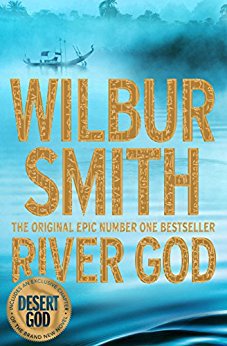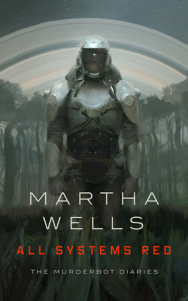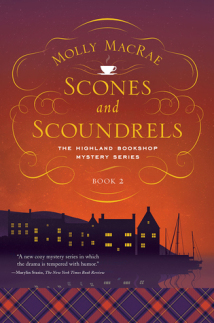There is a lesson to be learned in every book – whether it’s a life lesson, or a lesson on writing techniques. In this blog, I’m going to be focusing on the latter; I’ll be reviewing books that I’ve recently read, and then discussing what writers can take away from the story and apply to their own work, or avoid doing.
Today I’m going to be talking about Wilbur Smith’s bestselling historical fiction novel, River God.

Here’s the thing about this book: the writing is pretty amateur. The prose is ridden with adverbs and flowery, long words, there are clichés everywhere and the characters fall flat in terms of development. Heck – even the plot structure is strange and long-winded. But there is something undeniably addictive about it, and that’s why I re-read it for a second time.
Maybe it’s my love for ancient Egyptian history and blockbusting, romantic adventures, or maybe Smith is a master hypnotist and has been brain-washing me through his words, making me believe that I like his books. All I know is that I thoroughly enjoyed River God when I read it for the first time, despite being very aware of it’s flaws, and it has since held a peculiar nostalgic position in my heart.
Set during a long period of turmoil and civil unrest in ancient Egyptian history known as the Second Intermediate Period, River God chronicles the fictional journey of an extremely talented slave and his companions as they try to restore glory and order to Egypt. Taita – our protagonist – is the slave of the sly Grand Vizier Intef, but is also a great cook, artist, scribe, musician, tactician, and inventor. He is a genius, but his competency is put to the ultimate test when the Pharaoh unwittingly falls in love with his beloved friend Lostris, who is not only the daughter of Intef, but also the secret lover of the army officer Tanus, one of Taita’s other close friends. The Pharaoh, of course, takes Lostris as his bride.
Knowing that his master Intef will use his daughter’s position at court to strengthen his own selfish hold on the throne of Upper Egypt, Taita must do everything in his power to stop the Grand Vizier from seizing power, whilst also protecting Tanus from Intef’s wrath.
The story is grand in scope and vision, perhaps unrealistic in a lot of ways. However, it seems to maintain a decent level of historical accuracy as far as minor aspects of the time period are concerned – the customs, the ceremonies, the technologies introduced by certain groups of people, etcetera – and as there are no clear records of events in Upper Egypt from the Second Intermediate Period, the story is merely speculation and cannot be deemed false.
What ensues throughout the novel is a mishmash of political scheming, love affairs, battles, and adventure. While it does not drag enough for it to be off-putting, the structure is odd; there seems to be no clear rising and falling events, no define breaking point or climax, but rather multiple sections that each have their own climaxes and resolutions. The characters fall down here because they do not develop enough between each of these sections. Their experiences in each part of the story never really seem to have a profound effect on their actions and personalities later on.
With that said, I grew a bit of a soft spot for Taita after spending so much time in his head, learning of all the hardships he has endured throughout his life, and I was touched by the representation of friendship and loyalty displayed by Taita, Lostris and Tanus. Wilbur Smith also really knows how to churn out vivid descriptions that all but physically pluck the reader out of their seat and drop them in an exciting new place. The adventures that Smith took me on in my head and the deliciously rich setting that he created are probably what made River God so addictive for me.
So what can writers learn from this book? Well, I think the main lesson here is about plot vs. character.
What seems to put people off most about River God is the lack of character development. However, some readers – like me the first time I read it – do not seem to care much about this and are instead carried away in the grandeur of the location, the action and the narrative. I believe this boils down to personal preference.
Some prefer to read about fascinating characters that feel realistic and are super interesting, whereas others care more about the plot and how it is executed. While you could argue for hours about which is the most important element in a story, the truth is that it all depends on who your target audience is; Smith clearly only cared about those readers who are in it for the adventure, the action and the intrigue. Thus, River God was marketed toward that specific audience, and the novel ended up becoming a bestseller. Though it is true that Wilbur Smith’s author platform was already huge at this point, meaning any book that he released would probably have sold well.
Advertisements Share this:





